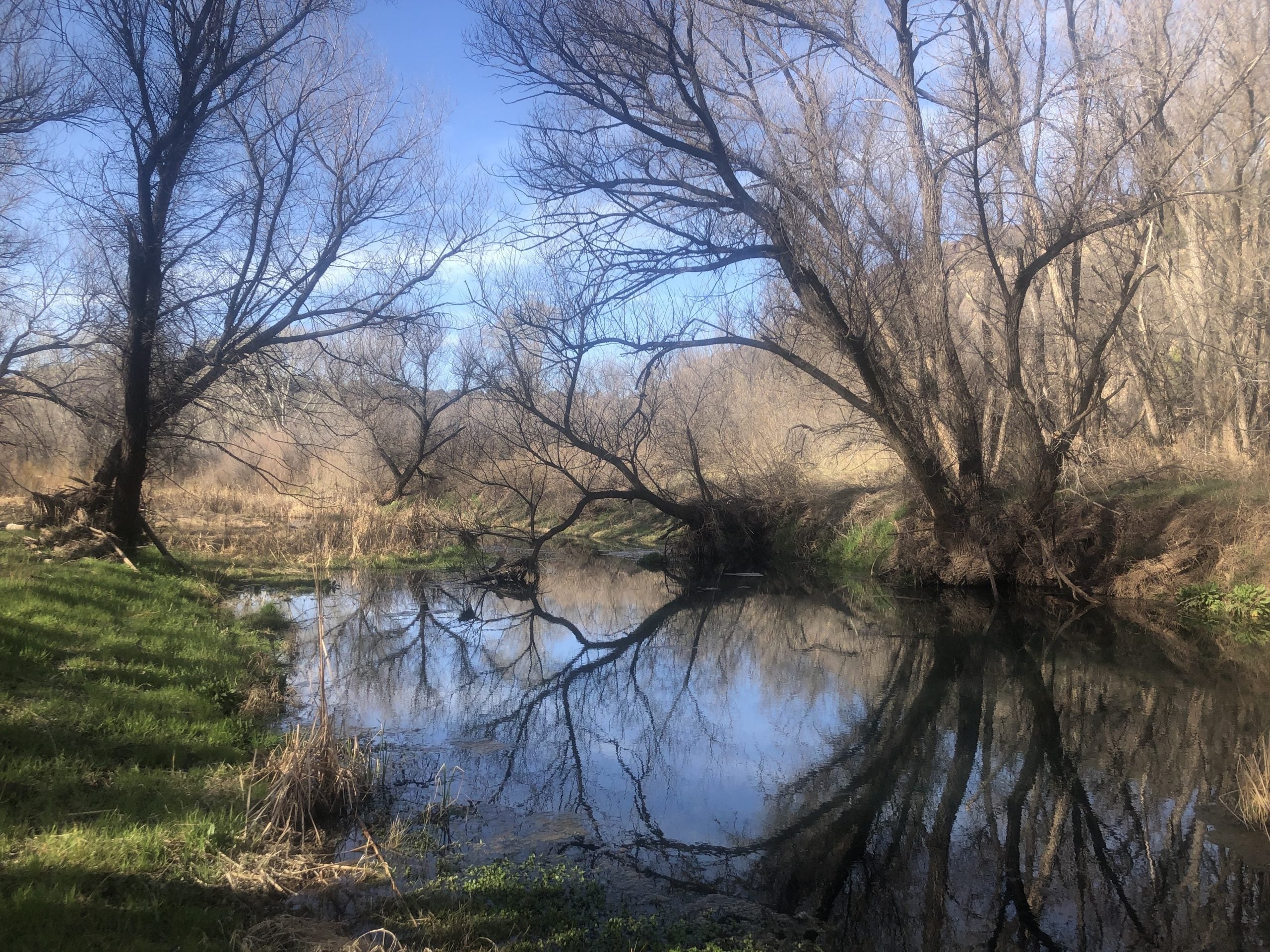Across Arizona, the consequences of unlimited groundwater pumping are becoming untenable for many communities. In response, Arizona state Rep. Regina Cobb, R-Kingman, has introduced legislation, for the third year in a row, to enable rural communities to manage their groundwater through a new opt-in program called Rural Management Areas (RMAs).
Although the bill again did not receive a committee hearing, this year is very different from the past. Over the last several months, more residents and local stakeholders are becoming engaged and organized around water security and water self-determination, getting mobilized in local settings like town halls, community meetings, and even residents’ living rooms and porches. It has become clear that the people of rural Arizona no longer accept being ignored on water issues at the state level. Here are a few recent examples:
- Residents in Cochise County, fed up with state inaction to address unfettered groundwater pumping, have submitted signatures for a ballot measure to ask voters to approve a new Active Management Area (AMA) in the Willcox Basin in a local election in November. They are now gathering signatures for a second AMA in the Douglas Basin.
- Read More »











